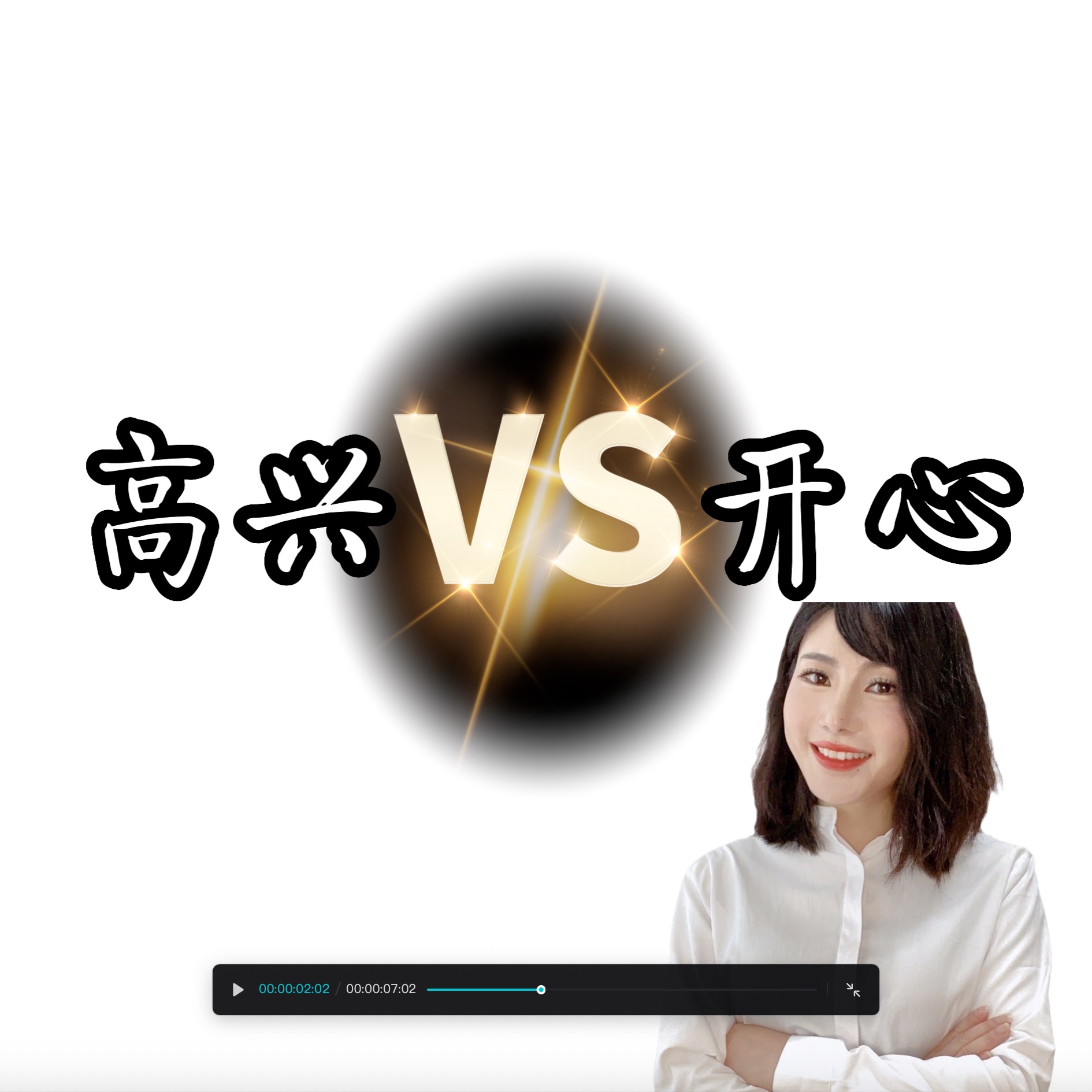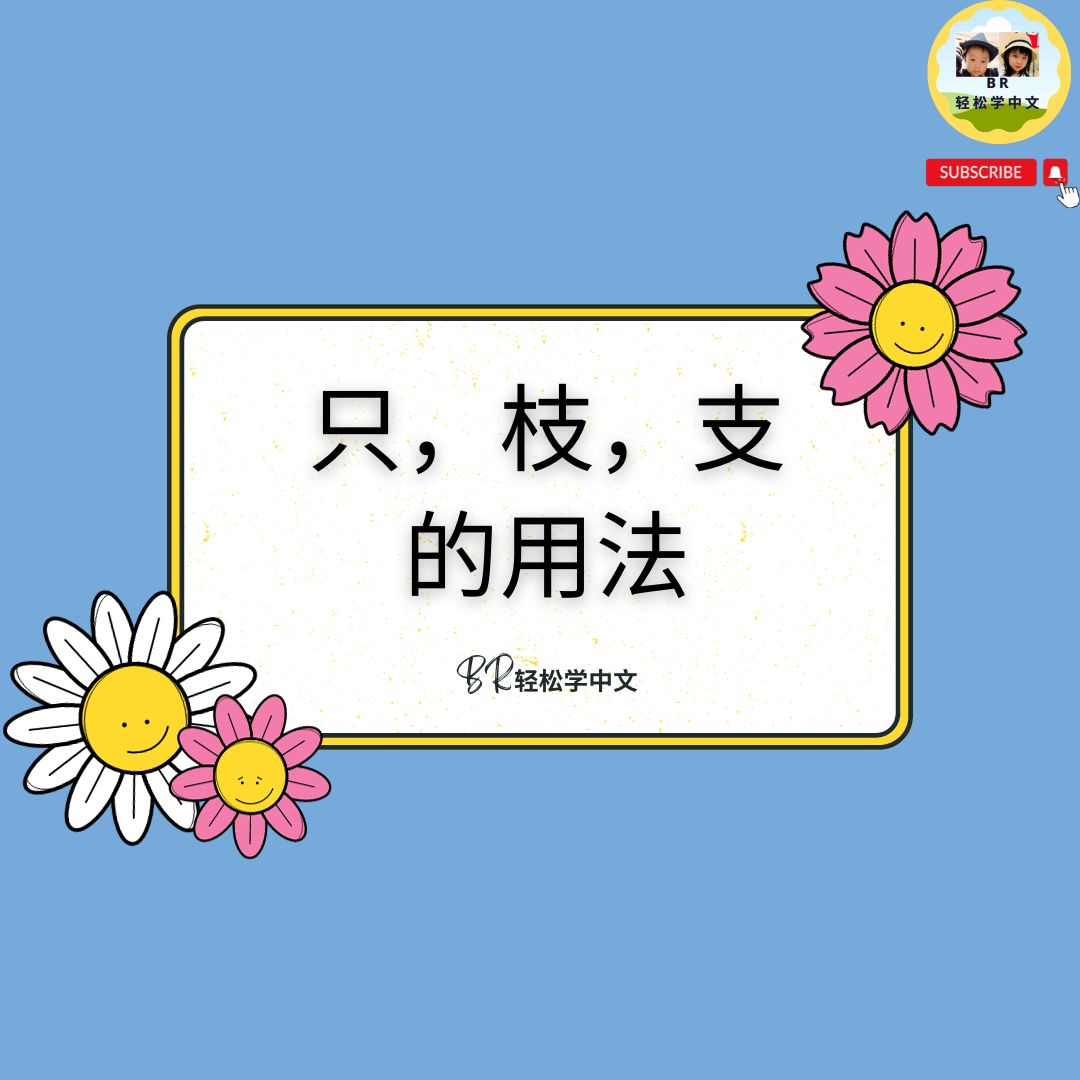Çeşitli İngilizce öğretmenleri arasından arama yapın...

不 (bù) VS 没有 (méi yǒu)
Açıklama
what is the difference between 不 and 没有?
不 (bù) and 没有 (méi yǒu) are both negation words in Chinese, but they are used in slightly different ways.
不 (bù) is an adverb that negates the verb or adjective that follows it. It is used to express "not" or "no."
For example:
我不喜欢吃苹果 (wǒ bù xǐ huān chī píng guǒ) - I don't like eating apples
他不是医生 (tā bù shì yī shēng) - He is not a doctor
没有 (méi yǒu) is used to negate the verb in the past tense or to express "not have." It is often used in combination with a verb in the past tense to indicate that something did not happen.
For example:
我没有吃早饭 (wǒ méi yǒu chī zǎo fàn) - I didn't eat breakfast
他没有去过北京 (tā méi yǒu qù guo běi jīng) - He has not been to Beijing
Yayın Kanalı
Difference between A and B in Chinese with Shanmei
Yazar
Bütün bölümler

EP1: Conquer the airport like a local

New Words

¡No pongas más excusas! - Top tips to improve your language learning habits.

日本人女性👰🏻♀️と結婚💍する方法 ※ Listen to this podcast and you will be popular with Japanese women.

so much such and such!

Ep. 19 Learn Thai _ How to Say Darling, Sweetheart, and My lover in Thai

只,枝,支的用法

Pawikan
Popüler bölümler

Spanish Unplugged Podcast
EP1: Conquer the airport like a local

English My Way
New Words

Your Spanish Journey
¡No pongas más excusas! - Top tips to improve your language learning habits.

Japanese "Taka" it easy
日本人女性👰🏻♀️と結婚💍する方法 ※ Listen to this podcast and you will be popular with Japanese women.

The Jerome Meadows Experience
so much such and such!

Thai for Everyone with Kru Robert
Ep. 19 Learn Thai _ How to Say Darling, Sweetheart, and My lover in Thai

中文小课堂
只,枝,支的用法

Filipino Things!
Pawikan